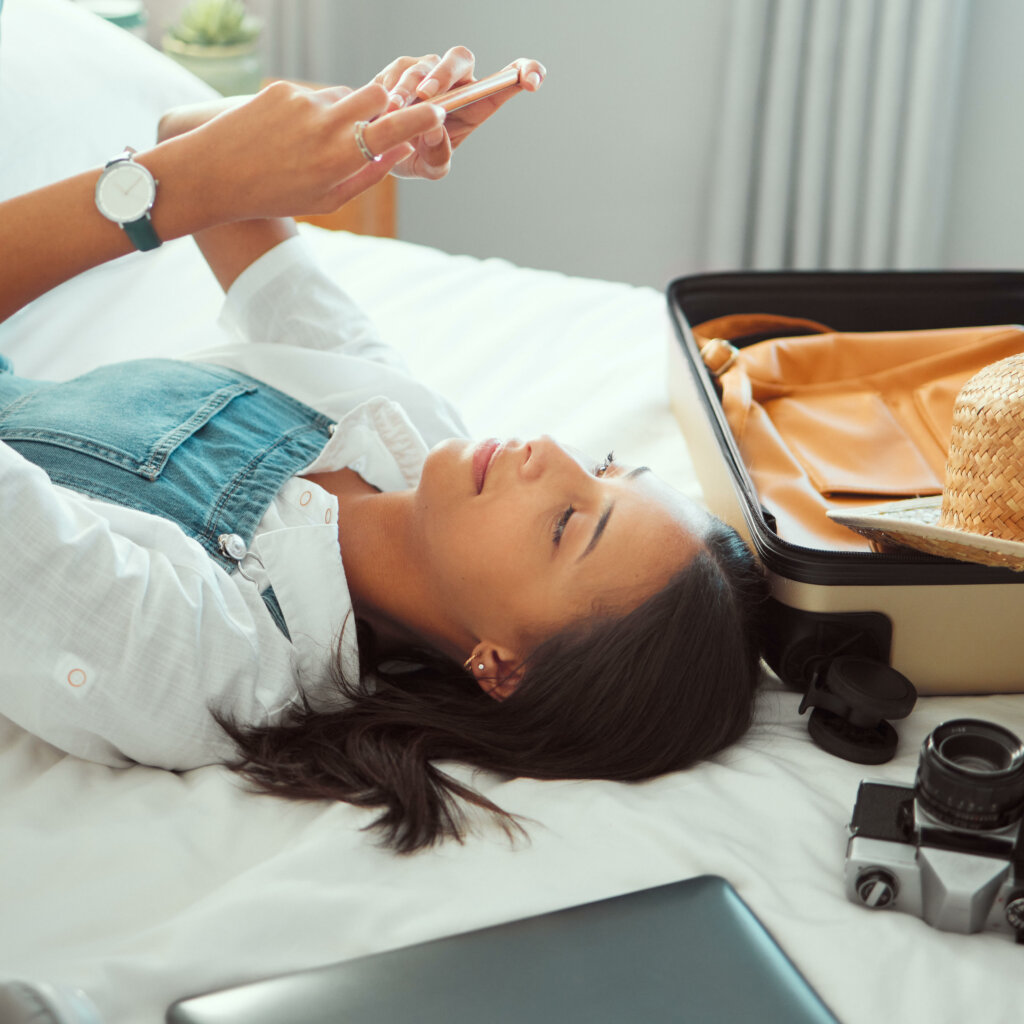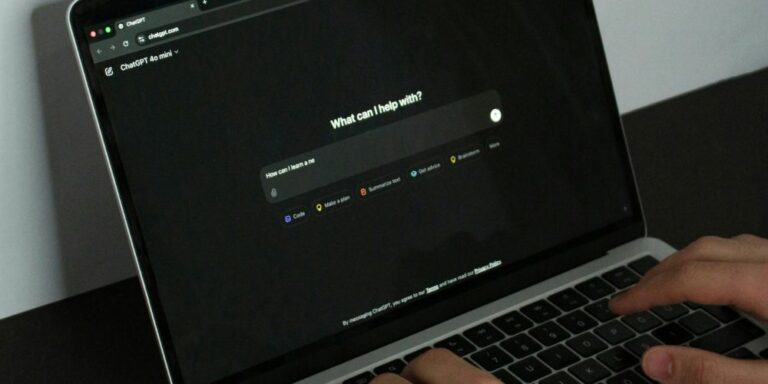We all have different rituals we perform when preparing to take a trip abroad.
Airport Dads obsessively memorise their itinerary, arriving at the airport at least 24 hours before their scheduled flight, the entire group’s passports grasped firmly in an iron fist. Students decide they might as well pull an all-nighter to make their 4am flight, yet still end up sprinting to the terminal with 5 minutes to spare, equipped with a carry-on full of dirty clothes, multiple pairs of sunglasses and a packet of tic tacs.
Whatever your travelling style, the one thing which is almost unanimously overlooked is data security. We’ve put together some advice for the data protection-savvy traveller seeking sun and surf, without compromising the security of their personal information.
- Book travel through secure websites
In the age of the Internet, for every 1 person looking to book a flight abroad, there are at least 10 dodgy websites, promising paradise for a few pennies (and all the details of your life, of course). As a rule, when booking anything travel-related online, make sure you choose a reputable agency and make sure you’ve gone directly to their official website.
Websites like Trustpilot provide peer-reviewed recommendations for practically anything and can point you in the right direction.
If you want to check the legitimacy of the website you’re currently on, you can use Norton’s Safe Web, a free scanning tool that helps users identify malicious websites.
- Enable passcodes/PIN and Use Multi-Factor Authentication
As obvious as this one seems, it’s worth mentioning. A passcode is the first line of defence, should your mobile or laptop get lost or stolen. If you wouldn’t leave your front door unlocked for a week, you shouldn’t leave your phone unlocked either.
In addition, use multi factor authentication whenever possible. This prevents access to your accounts with just your password or PIN, and adds an additional layer of security such as a code texted to your mobile phone. This helps because even if someone were to find out your password or PIN, they wouldn’t be able to access your account unless they also have your phone in their hands.
- Avoid free public WiFi
This is by no means our first lecture on the dangers of using public WiFi, nor will it be the last. When you connect to a public WiFi you’re using an unsecure network, incidentally providing potential hackers with a direct line to your smart devices. It’s also worth noting that each country has its own data protection laws and regulations; unless you’re a seasoned data practitioner, we’re willing to bet you don’t know which standards the country you’re travelling to adheres to, when it comes to data privacy. You might not have as much recourse as you would in your home country if someone improperly accesses your data.
As a rule of thumb, we’d recommend sticking to mobile hotspots from your phone or a mobile WiFi device, and if you must, a password-protected network at a reputable location like a major hotel. If you have to use a public computer–say, at an internet cafe for example, always make sure you’ve logged out of your account before leaving.
- Use a VPN
A VPN–or virtual private network–protects the security of your data by creating a channel that encrypts the data you send and receive, while using public WiFi. This is a great way to minimise the risk of cyber attacks, if utilising public WiFi is unavoidable.
- Check sensitive accounts regularly
Get into the habit of checking any sensitive accounts, for example online banking accounts, regularly. Not only will you have a better idea of your spending habits (of course you spent €80 on sangria, you’re on holiday!), the sooner you spot any fraudulent activity, the sooner you can take steps to rectify the situation.
If you see anything remotely suspicious, such as a notification about your account being accessed that you don’t remember, change your passwords immediately and block the accounts as soon as possible.
- Utilise hotel safes
Another no-brainer. If you don’t want to lose it, chuck it in a hotel safe. The trauma of losing your passport the day before your flight home is long lasting, not only will you have a nightmare getting home but your loved ones will never let you live it down.
Apart from being stolen, people might copy sensitive information that can be used to for identity theft or other kinds of fraud, so it’s essential to keep all sensitive documents hidden away while you’re out painting the town red.
- Don’t broadcast your vacation location on social media
Something strange comes over us when we go abroad. Even if you’re averse to oversharing in your everyday life, the allure of a perfectly angled and filtered swimsuit shot on a sandy beach is hard to resist.
And hey, who are we to stop you from broadcasting all the living, laughing and loving you’ve done this Summer? Holiday pictures are great but tagging your location at the resort you’re staying in, probably isn’t the smartest idea in the world.
These simple and unobtrusive steps will protect your data while travelling, without impeding your holiday experience.









